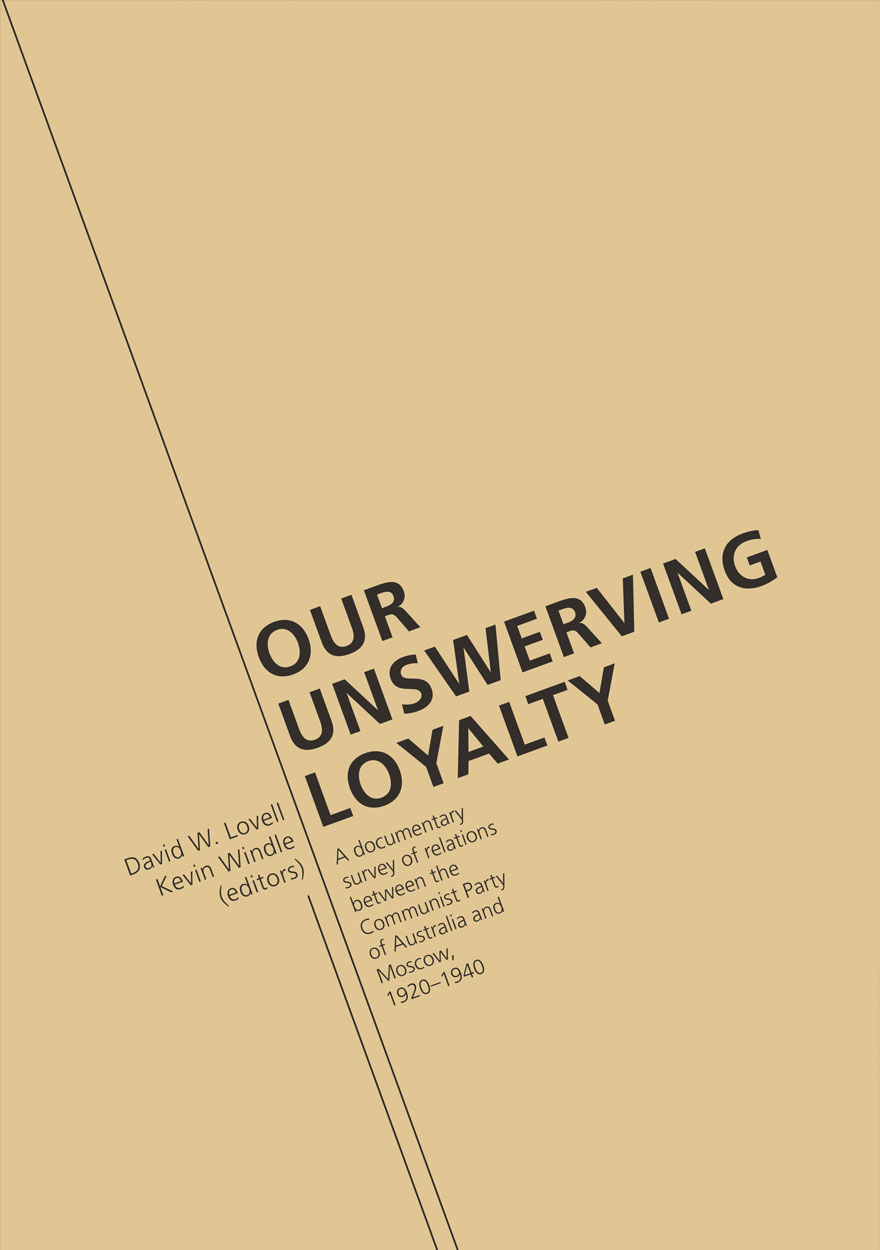A documentary survey of relations between the Communist Party of Australia and Moscow, 1920–1940
Publication date: August 2008
The story of the Communist Party of Australia has been told in various ways. Until now, however, archival collections that have borne on this story have been relatively inaccessible to the ordinary, interested reader. This book begins to redress that deficiency by bringing together 85 key documents from the Russian State Archives of Social and Political History (RGASPI), selected from a collection of thousands of documents concerning the relations between the Communist International and the Communist Party of Australia. The selection focuses on the relationship between the CPA and the Comintern because the activities of the CPA are essentially incomprehensible without understanding the international communist context within which the CPA operated. That context was dominated by the newly-created Soviet state and its decision to authorize and utilize a network of communist parties throughout the world.
The documents in this work suggest three major propositions about the relationship between the CPA and the Comintern. First, that the Comintern was crucial in the formation of the CPA, via its emissaries, instructions and authority. Second, that the Comintern played a major role in directing the policies of the CPA in domestic matters (not to mention in international matters, where the Comintern’s decisions were supreme). And third, that the leadership of the CPA was, from 1929 onwards, shaped, trained and authorized by the Comintern. With access to the documents, readers now have a chance not just to hear the voices of the times, but to make their own judgements about the relationship between the CPA and Moscow.
The book also includes two extended introductory essays that outline the development of the Comintern and its relations with the CPA, as well as supporting materials that provide information on individuals, organizations and tactics mentioned within the documents themselves.






